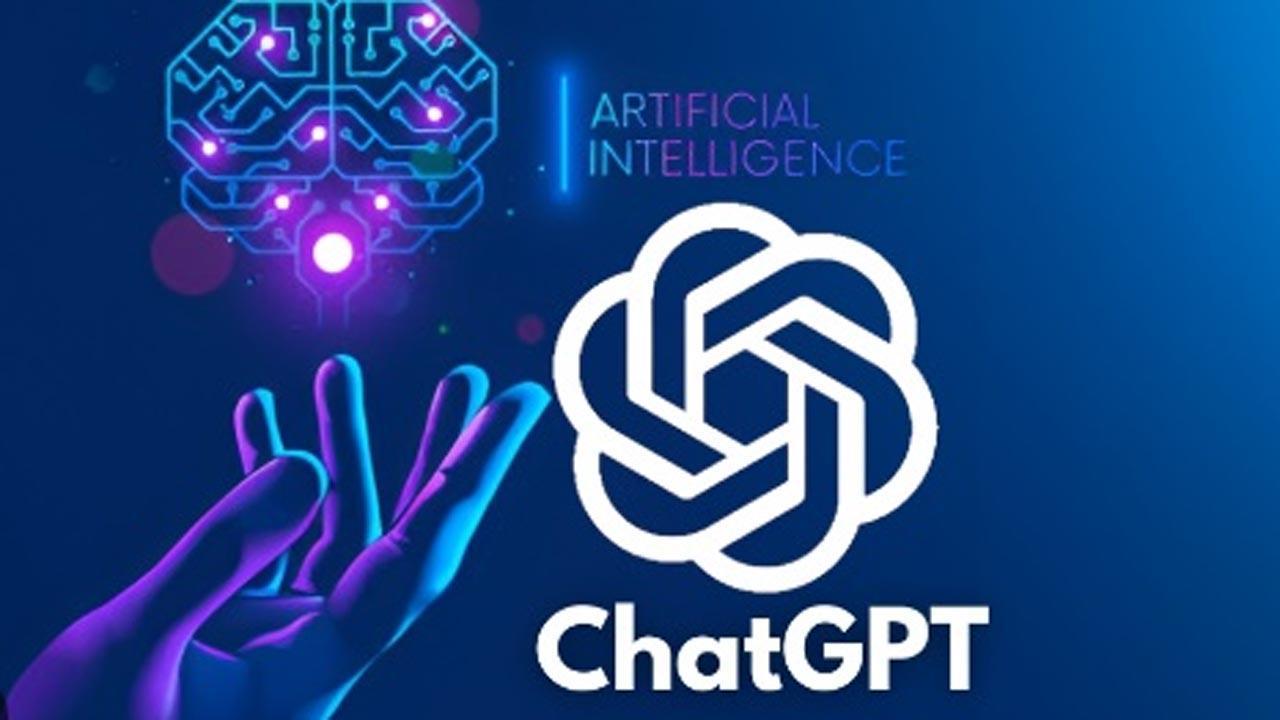The researchers tested the AI technology to evaluate the recommended therapeutic approach for mild and severe major depression and whether this was influenced by gender or social class biases

Representational Image. Pic Courtesy/iStock
OpenAI's AI chatbot ChatGPT might be better than a doctor at following recognised treatment standards for clinical depression, and without any of the gender or social class biases sometimes seen in the primary care doctor-patient relationship, a new study has shown.
ADVERTISEMENT
According to the study published in the open-access journal Family Medicine and Community Health, ChatGPT has the potential to offer fast, objective, data-derived insights that can supplement traditional diagnostic methods as well as provide confidentiality and anonymity.
The researchers tested the AI technology to evaluate the recommended therapeutic approach for mild and severe major depression and whether this was influenced by gender or social class biases.
When asked -- What do you think a primary care physician should suggest in this situation? -- to ChatGPT, it responded -- watchful waiting; referral for psychotherapy; prescribed drugs (for depression/anxiety/sleep problems); referral for psychotherapy plus prescribed drugs.
According to the study, just over 4 per cent of family doctors exclusively recommended referral for psychotherapy for mild cases in line with clinical guidance, compared with ChatGPT-3.5 and ChatGPT-4, which selected this option in 95 per cent and 97.5 per cent of cases, respectively.
Most of the medical practitioners proposed either drug treatment exclusively (48 per cent) or psychotherapy plus prescribed drugs (32.5 per cent). In severe cases, most doctors recommended psychotherapy plus prescribed drugs (44.5 per cent).
ChatGPT proposed this more frequently than the doctors (72 per cent ChatGPT 3.5; 100 per cent ChatGPT 4 in line with clinical guidelines). Four out of 10 of the doctors proposed prescribed drugs exclusively, which neither ChatGPT version recommended, the study mentioned.
Moreover, the doctors recommended a combination of antidepressants and anti-anxiety drugs and sleeping pills in 67.5 per cent of cases, while ChatGPT was more likely than the doctors to recommend antidepressants exclusively: 74 per cent, version 3.5; and 68 per cent, version 4.
ChatGPT-3.5 (26 per cent) and ChatGPT-4 (32 per cent) also suggested using a combination of antidepressants and anti-anxiety drugs and sleeping pills.
“ChatGPT-4 demonstrated greater precision in adjusting treatment to comply with clinical guidelines. Furthermore, no discernible biases related to gender and (socioeconomic status) were detected in the ChatGPT systems,” the researchers highlighted.
“The study suggests that ChatGPT…. has the potential to enhance decision making in primary healthcare,” they concluded.
This story has been sourced from a third party syndicated feed, agencies. Mid-day accepts no responsibility or liability for its dependability, trustworthiness, reliability and data of the text. Mid-day management/mid-day.com reserves the sole right to alter, delete or remove (without notice) the content in its absolute discretion for any reason whatsoever
 Subscribe today by clicking the link and stay updated with the latest news!" Click here!
Subscribe today by clicking the link and stay updated with the latest news!" Click here!








